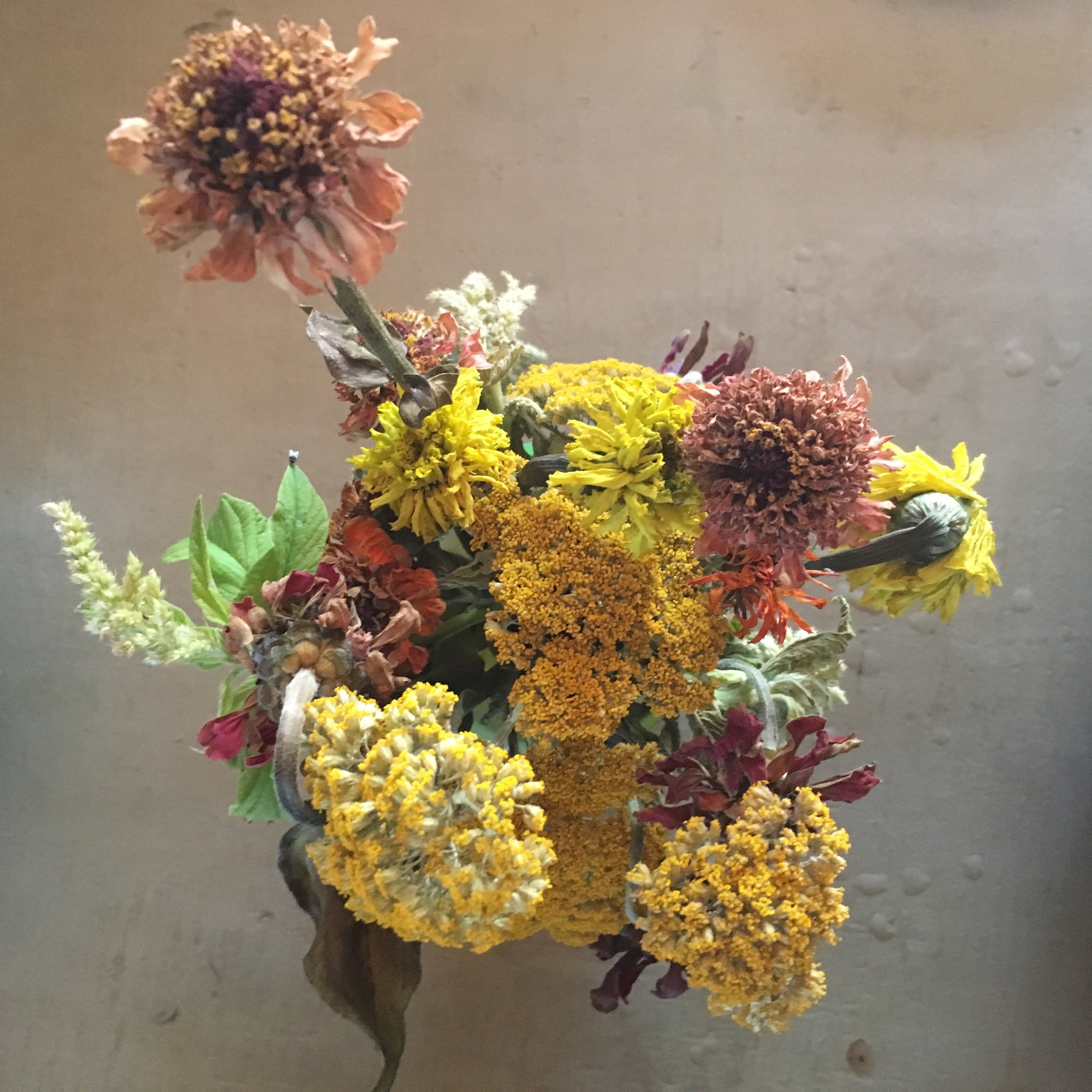I love compost.
I love decay.
A Dutch still life, the mound in the garden that tells you the story of my dinner table, weeks old flowers I am reluctant to relinquish, peeling decades of wallpaper. Even the list of synonyms for the word ‘decay’ fascinates me.
I was recently diagnosed with acute mold toxicity. All manner of mycotoxins my body has been holding. Refusing to release. An apt metaphor for my life.
I learned from my doctor that often when people have this diagnosis and seek a new, mold-free environment, despite all signs pointing to safety, inevitably, a secret mold is discovered. As if the toxin in their bodies is guiding them. As if the body doesn’t have a say. The mold is governing now. I got chills. It reminded me of the first time I learned about toxoplasmosis. I shared this information with my acupuncturist, who shrugged: of course. She spoke about mold energy as a form of ghost energy. It’s parasitic. It wants what it wants. And it wants to stay. It wants company.
Is this why I love a dilapidated house? The residents in this vessel of mine feel welcome? Among kin? Or is it thanks to the Scorpio mask I wear? My x-ray vision? Because this is where the story is? Because when we see decomposition engaging with life, we see the whole of things?


